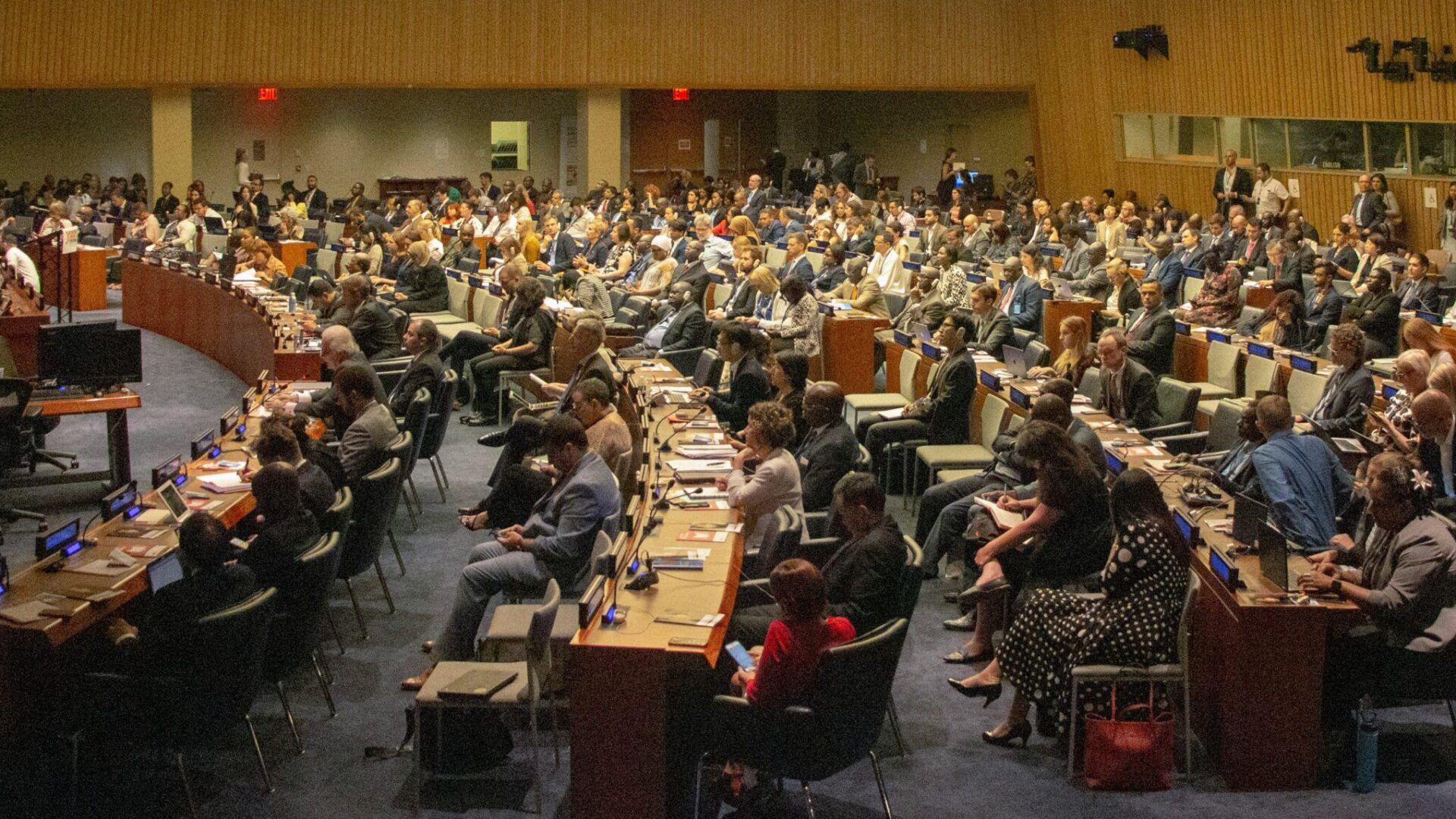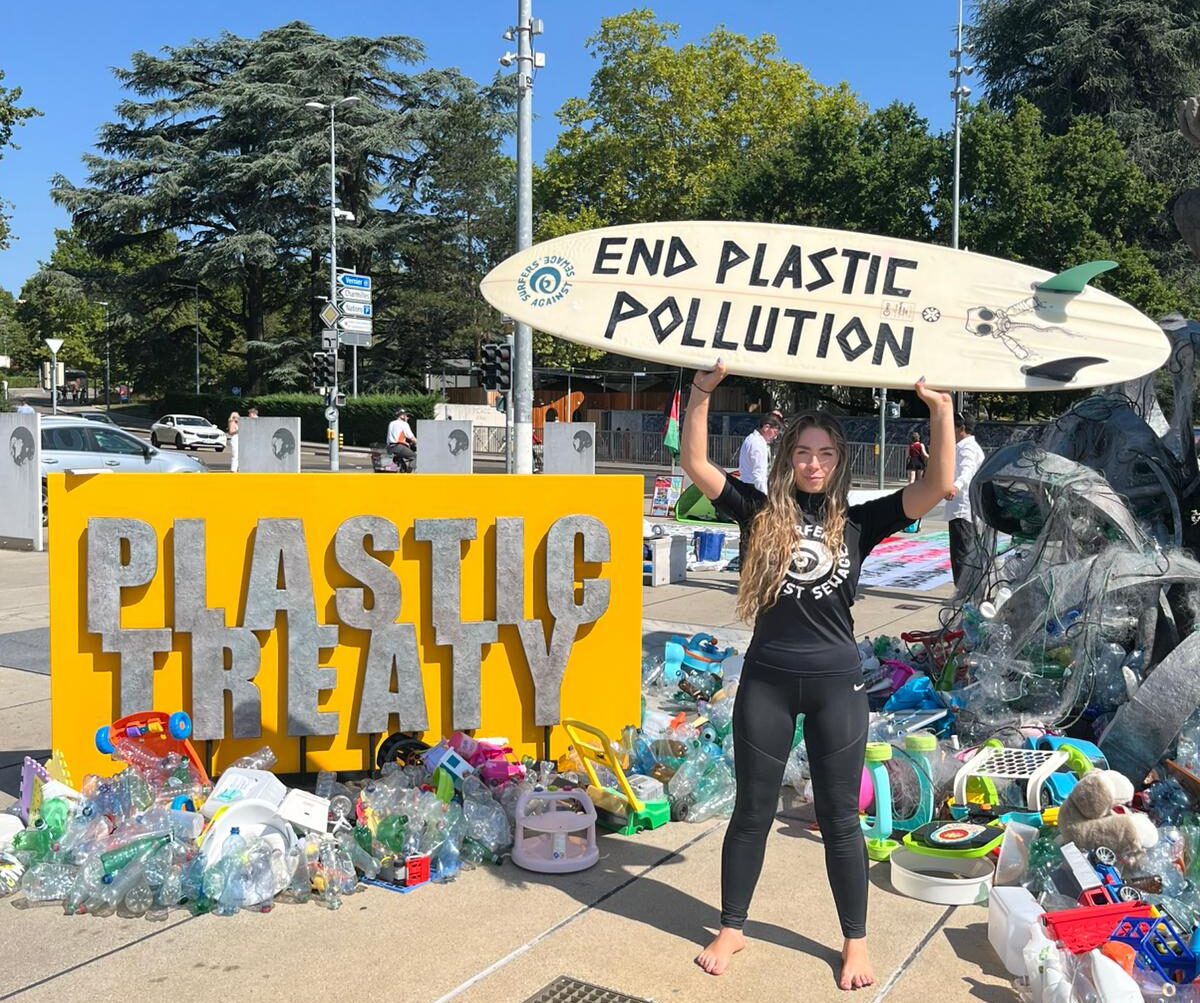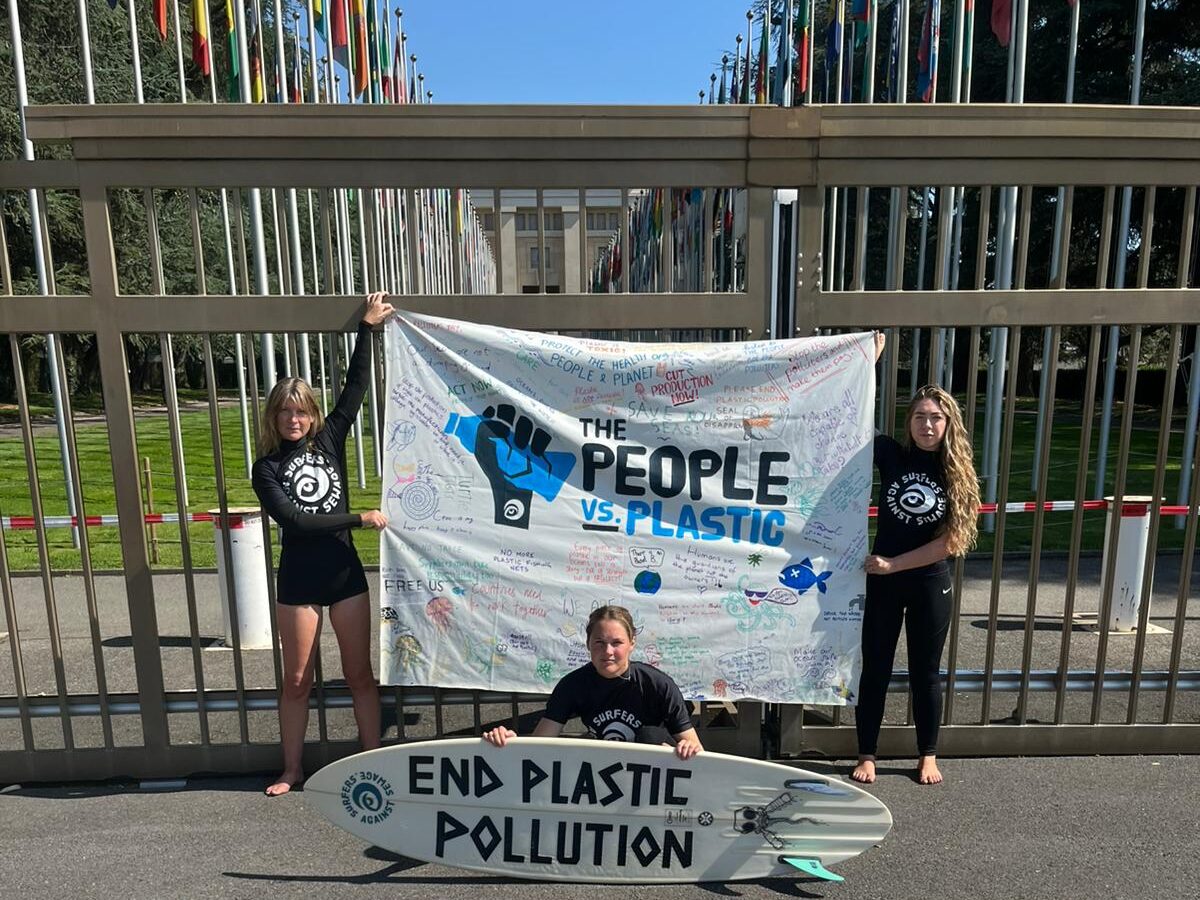
Why the 2025 Global Plastics Treaty Collapsed in Geneva
And what comes next...
August 2025 in Geneva. Twenty-six rounds of talks and countless hours of diplomacy. All ending in frustration and collapse. Delegates from 184 countries failed to reach agreement on the first-ever legally binding treaty to curb plastic pollution, after petro-states watered down its final text, leaving the world without a united road map to address one of its most urgent environmental crises.
But what went wrong? Why? And what happens now?
What Went Wrong: A Treaty Undermined from the Start
1. A rift over production vs. recycling
The central fault line: the High Ambition Coalition (HAC) called for the treaty to mandate limits on virgin plastic production, while ‘the likeminded group’ wanted to focus solely on recycling and product design… Over 100 countries advocated for binding reductions in plastic production and restrictions on toxic additives. But petro-states, including the U.S., Saudi Arabia, and Kuwait resisted, argued for a focus on waste management. Environmentalists and HAC nations were (rightly) not going to accept a treaty that didn’t tackle the full life-cycle of plastics so refused to discuss a final text that was so unambitious. This impasse became unbridgeable.
2. The power of petro-lobbying
Behind-the-scenes, powerful industry lobbyists influenced the agenda, watering down language and undermining progress. Analysis from CEIL revealed a record-breaking 234 fossil fuel and chemical industry lobbyists, outnumbering national delegations, scientists and indigenous peoples present. Fossil Fuel and Petrochemical Lobbyists Overrun Plastics Treaty Vested interests hijacked the negotiations; scientific concerns were downplayed by powerful interests. Voices within the talks decried the dominance of fossil-fuel interests over environmental urgency.
3. A Treaty too weak, too late
Draft texts lost all potency. Key sections on health protections, ‘phase out’ targets, and chemicals of concern were stripped away or scrubbed entirely. The final texts failed to address the lifecycle of plastics or offer real safeguards for communities and ecosystems.
4. Consensus rules and deadlock
The requirement that every country agree – a consensus rule – meant even one strong dissent plunged the talks into crisis. Proposals to shift to majority voting were blocked, raising alarms that the process was broken.

What happens now?
The collapse doesn’t mean the end, just a setback. Here’s what comes next:
1. Talks will resume, date TBC
UNEP’s Inger Andersen emphasized that momentum continues, even if the schedule hasn’t been set. Negotiators agreed to reconvene, although the timing and format remain unspecified.
2. Calls for a strengthened “high ambition” bloc
Countries like the UK, several EU members, Rwanda, and Norway are already regrouping. Some suggest building a coalition prepared to push a new, more ambitious draft—even if it means moving without petro-states in tow.
3. Process reform is on the table
There’s growing support for changing the decision-making process, such as moving from consensus to voting to avoid future deadlocks.
4. National & regional action gathers pace
In the vacuum, some countries and regions are accelerating unilateral action by phasing out single-use plastics, investing in sustainable plastic alternatives, and launching circular economy strategies.
5. Still a silent health and environment crisis
The failed treaty leaves continued plastic production unchecked, meaning rising microplastic pollution, harmful chemicals, and emissions. This inaction raises the risk of worsening health and environmental fallout.

The fight to end plastic pollution continues
The collapse of the Global Plastics Treaty wasn’t just a policy setback; it was an environmental heartbreak. Without limits on production, the scale of plastic pollution continues to grow, carrying grave risks for ecosystems, human health, and climate instability.
But all is not lost. The failure highlights the urgency many countries feel, and presents a chance to rebuild stronger, and hold petro-states accountable. If anything, this moment underscores the necessity of bold, binding action and the growing frustration of a world that demands it. There are a few upcoming moments both locally and internationally that can help foster the changes we need to see to end plastic pollution:
1. COP30, Brazil
At COP30 – the 30th time world leaders will meet to discuss action on the climate crisis – discussions around plastic production caps will likely be readdressed due to the material’s significant contribution to climate breakdown.
2. National Policy Opportunities
From devolved elections to several consultations and policy opportunities looking at plastic pollution and the circular economy, there are several upcoming moments to effect change on a local and national level.
A majority of countries wanted an ambitious global plastics treaty in Geneva, including the UK. This is why we must now continue to demand the changes these countries were advocating for – it may not be through a treaty right now, but that is no reason to not act at all. The UK has the power to make national policy changes and a responsibility to continue the international conversation.
For a detailed run through on what SAS got up to at the Global Plastics Treaty, be sure to read our blog where we published live updates from Geneva.
Want to help expose the scale of the plastic crisis, use your voice to push for change, or join a plastic free community? Join The People vs Plastic campaign and find out how you can take action.